“I’m running to be the senator to the Romanian diaspora,” I overheard a man tell the leader of Spain’s right-wing Vox Party, Santiago Abascal. “I’m running for congress in the Dominican Republic,” Fernando Abreu told me. Argentinians, Salvadoreans, Venezuelans, Brits, Hungarians — all of them were at CPAC 2024. At times it seemed that half of attendees weren’t American.
The most interesting foreigners, though, were not just there for the speeches. On the sidelines, they dined, laughed and planned. In a VIP Latin America Luncheon thrown by the Center for a Secure Free Society, a small group of leaders, Heritage Foundation fellows and experienced policymakers met to talk about what’s next for the region.
Led by Joseph Humire, a national security expert who has established relationships with leaders throughout the continent, the event sought to bring the movement closer together — connecting the “America First” world with leaders throughout the continent.
The Ibero-American right, constituting both the Spanish and Portuguese-speaking worlds, has struggled following the rise of Venezuela’s Hugo Chávez’s twenty-first century socialism. More recently, after the fall of Brazil’s Jair Bolsonaro, the Spanish left’s electoral comeback, the ascension of Colombian guerrilla fighter-turned-president Gustavo Petro and the election of the first millennial left-wing leader in Chile, the region’s right appeared in critical condition. Now, with the election of Argentina’s chainsaw-wielding libertarian Javier Milei, spirits are up.
“If there’s something the Latin American left has and the right lacks, it’s unity,” Voz Media senior producer Raymond Azar told The Spectator. “Sure, there are issues with candidate selection, but most of the left’s advantages stem from their cohesion and influence networks.”
Some progress has been made though. El Salvador’s Nayib Bukele, who has often been seen as an isolated actor in Latin American right-of-center politics, received some praise from Argentinian minister of security Patricia Bullrich: “We want to follow the model that you are advancing. Lowering crime how you did while resisting criticism and saving millions and millions of lives is incredible.”
When asked about the state of the movement, Vox’s Abascal told The Spectator, “I believe that love for the nation and liberty are natural feelings. Therefore, the patriots of the world, even when we may be adversaries in some regards, have to be united, especially against those that endanger our democracies, as we’ve seen in Venezuela, Colombia and Spain.”
“We know that the left wants to destroy all that is beautiful, all that is true. We’ve seen them use new agendas, we’ve seen them use drug trafficking to advance evil goals,” the Spanish deputy said. “All of us who believe in liberty, who appreciate the inheritance of our forefathers should be together. Events like this one help.”
At the VIP event, Bullrich, who challenged Milei before forming the coalition that led them to victory, emphasized the need for unity too. On more than one occasion, the minister of security said: “We are isolated.”
“We have huge support and that support is the population,” Bullrich said. She believes that present international backing is insufficient. Recalling an exchange with the International Monetary Fund, she joked: “Today, the IMF is telling us that we are going ‘too fast,’” after equilibrating Argentina’s budget. “No other government in the world makes such a huge change in thirty days. It is the largest in the history of the world.”
The only friction in the room came over a disagreement over which country has the best steak. Bullrich argued that the only reason for why Brazil has been beating them on exports is due to trade policy, not quality. Eduardo Bolsonaro, the son of the former Brazilian president and “potential future president” according to Humire, shook his head. Humire then informed Bolsonaro about a Fogo de Chão around the corner.
Bolsonaro talked to The Spectator about how the Brazilian government arrested “the Jared Kushner of [his] father” and about a case being leveled against the former president for “getting too close to a whale while jetskiiing.” Like Abascal, he also believes that greater unity is required.
“We need to have more international experiences. Those economize negative experiences, as we learn from others’ mistakes,” Bolsonaro explained, diving into how leftists have used state funds to advance regional goals, including infrastructure projects and mobilizing protests.
I asked Bolsonaro whether Latin America’s right needed an answer to the São Paulo Forum, a controversial conference founded by Cuba’s Fidel Castro and Brazil’s Lula da Silva, which is speculated to have tremendous influence over the region’s political dynamics. “I don’t like to draw comparisons between the São Paulo Forum and anything on the right. Too many negative things come to mind when I think about the forum. Yes, we do need an international group. This is my fourth or fifth time going to CPAC. This is what connection looks like and we need more of it.”
Colombian senator and presidential candidate in the making Maria Fernanda Cabal told The Spectator, “The Latin American right needs to organize to win… The left uses all sorts of legal and even illegal means to attain power.”
“The likes of Venezuela and Cuba have their hands in the politics of countries like mine,” Cabal said. “Responding to this requires a regional alliance. Without one, we can’t win. Patriots need to uplift each other.”



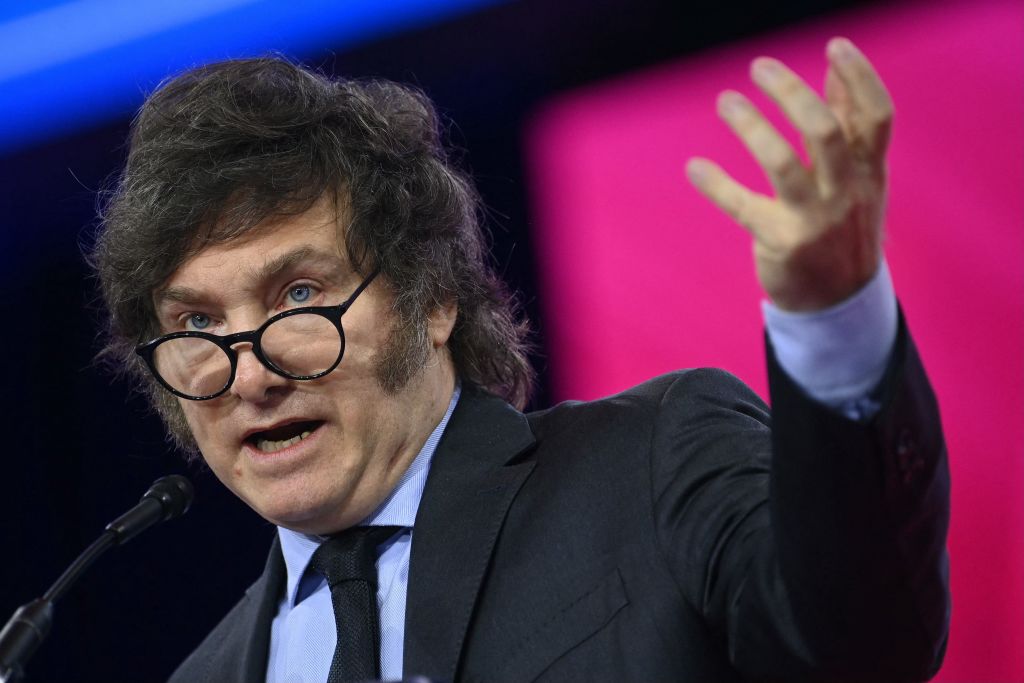






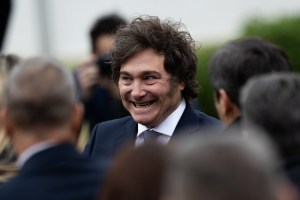
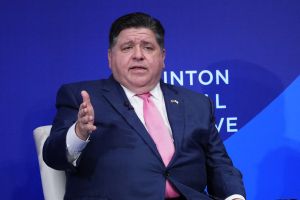
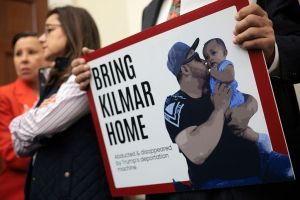
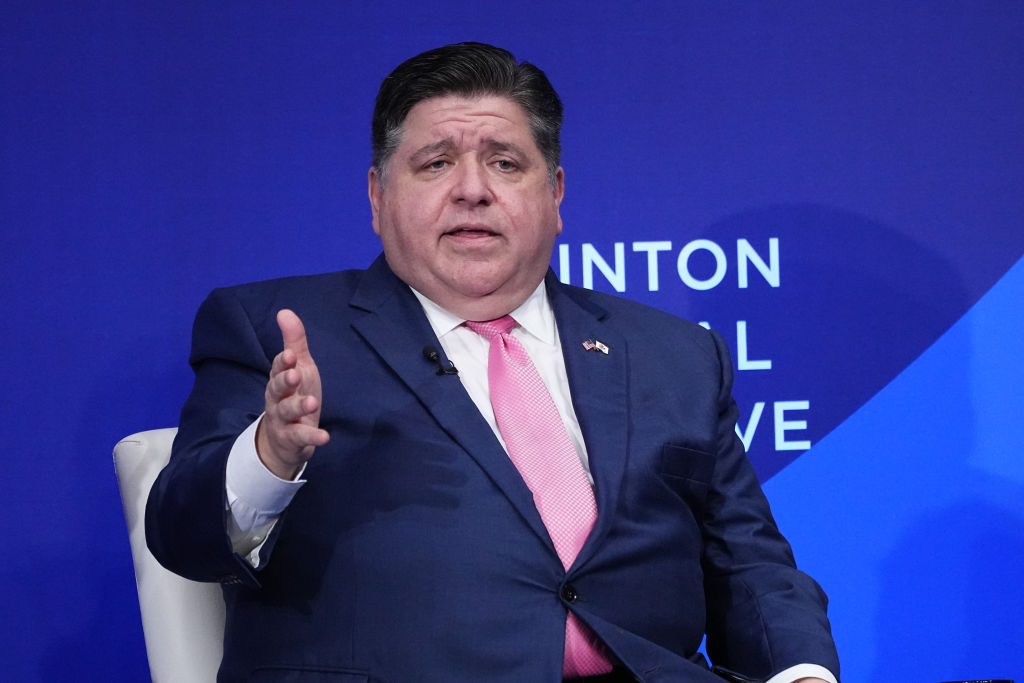
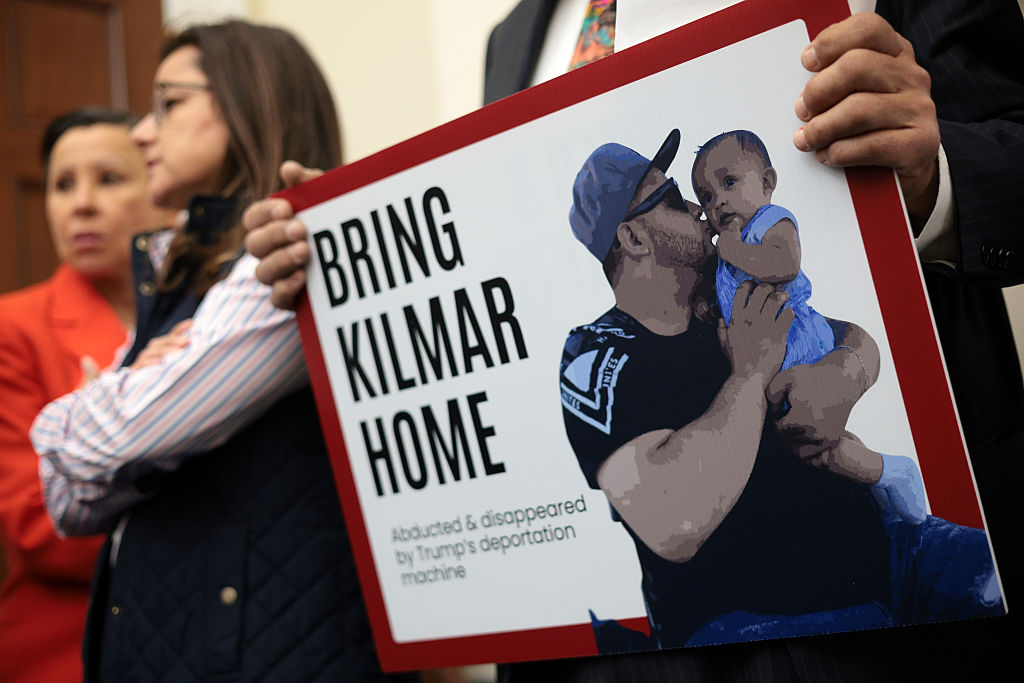


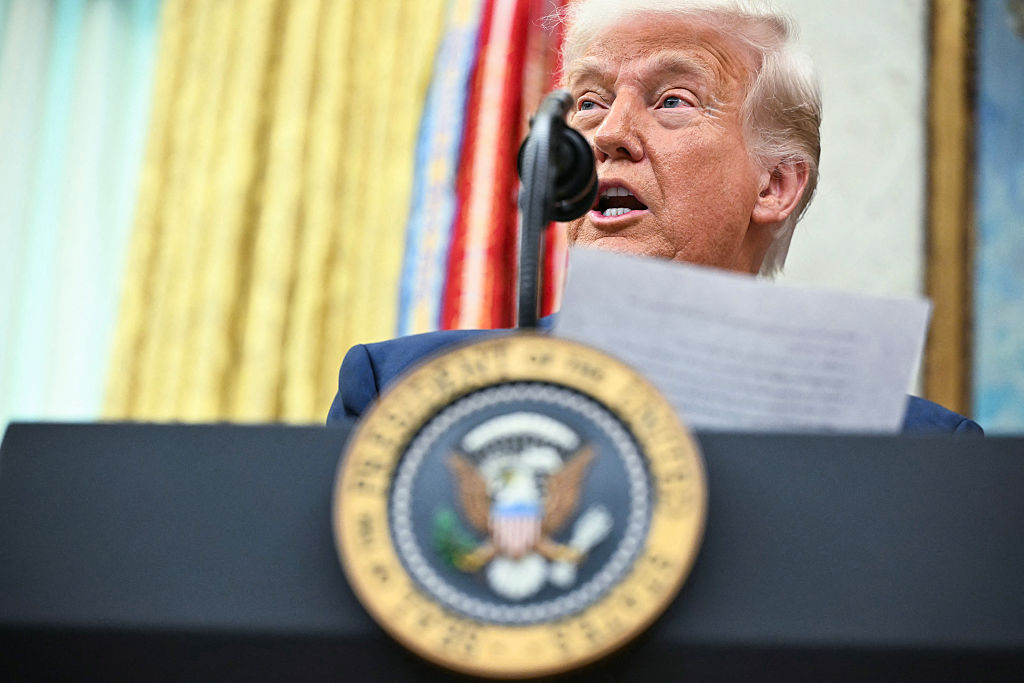








Leave a Reply